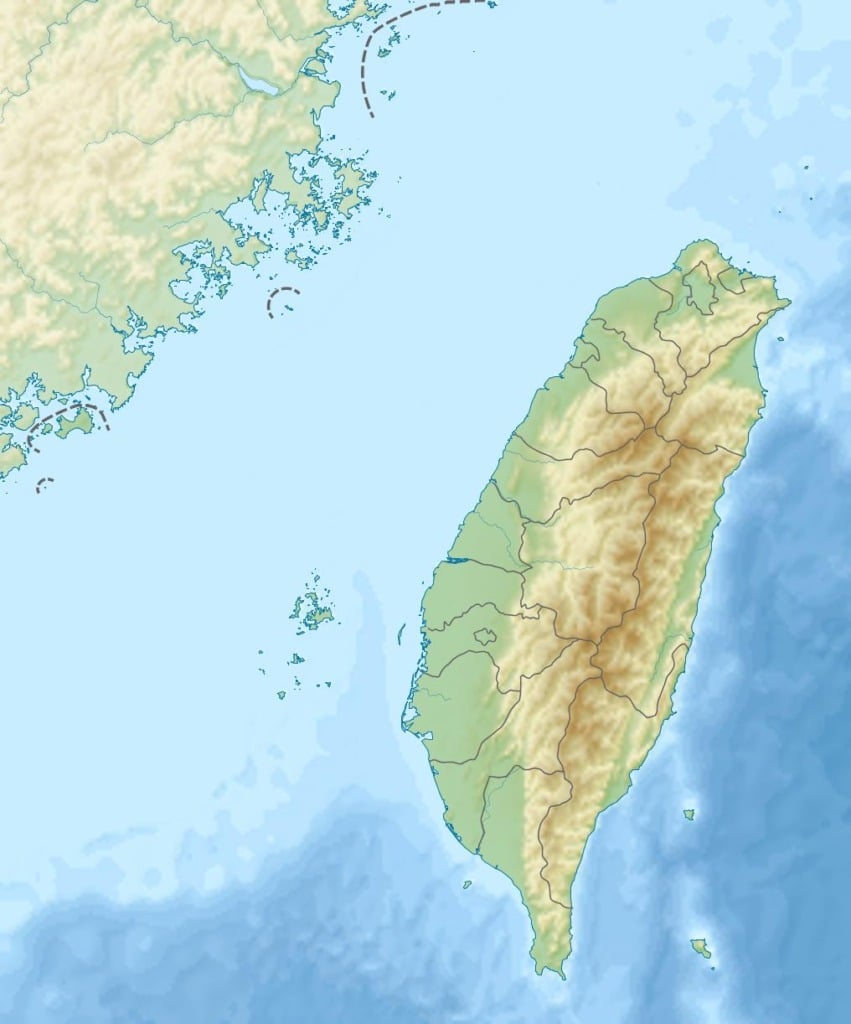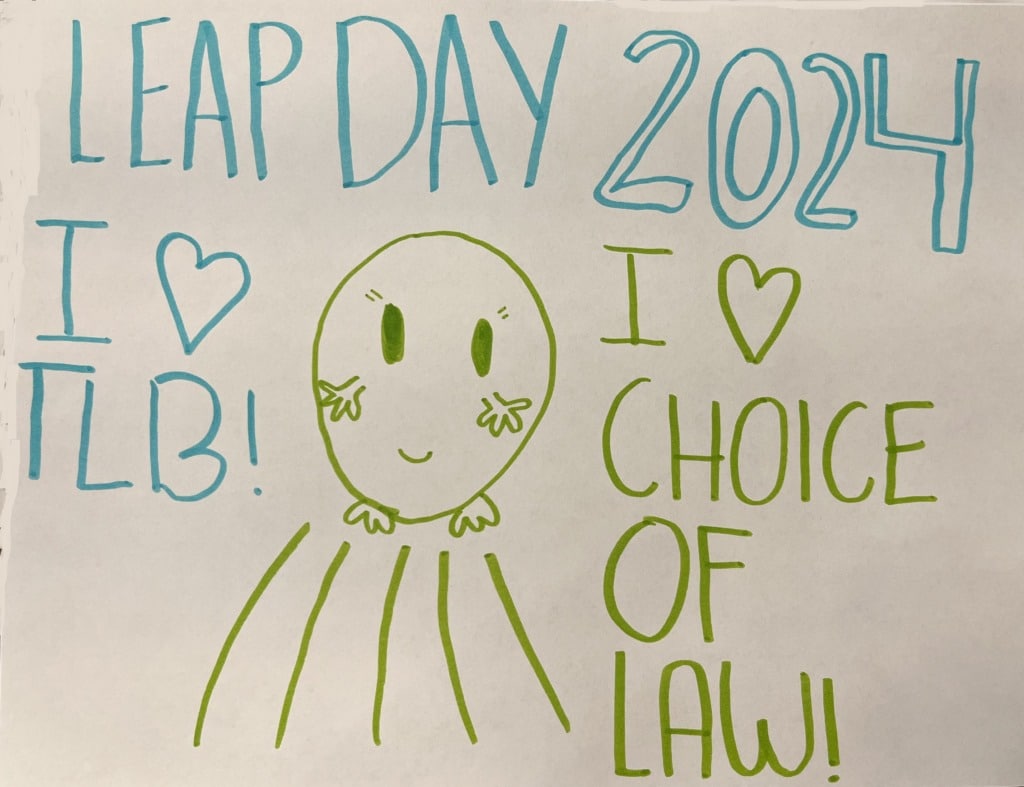Rethinking the Internal Affairs Rule
The internal affairs rule posits that a court should generally apply the law of the state in which an entity is incorporated to resolve questions relating to that entity’s internal affairs. These affairs encompass such matters as the election of directors, the rights of shareholders, and the fiduciary duties owed to shareholders. In a trio…
Continue ReadingAnother Victory for Mexico in Guns Litigation
Still flush with success from its win at the First Circuit against U.S. gun manufacturers, Mexico has scored a new victory in federal court—this time, against U.S. gun dealers. In Estados Unidos Mexicanos v. Diamondback Shooting Sports, Inc., the U.S. District Court for the District of Arizona (Judge Rosemary Márquez) ruled that Mexico could move…
Continue ReadingDoes the CISG Apply to Parties Based in Taiwan?
The complexity of Taiwan’s status under public international law may help to explain why there has been close to no discussion of its status under the Convention on Contracts for the International Sale of Goods (CISG). This absence of discussion is surprising given Taiwan’s importance in international trade: Taiwan is among the ten leading trade…
Continue ReadingChoice of Law in the American Courts in 2023
The thirty-seventh annual survey on choice of law in the American courts is now available on SSRN. The survey covers significant cases decided in 2023 on choice of law, party autonomy, extraterritoriality, international human rights, foreign sovereign immunity, adjudicative jurisdiction, and the recognition and enforcement of foreign judgments. So, on this leap day, we thought…
Continue ReadingMore Choice of Law in Terrorism Cases
The U.S. District Court for the District of Columbia (DDC) hears a lot of state-sponsored terrorism cases. The plaintiffs in these cases typically assert a cause of action under 28 U.S.C. § 1605A(c). This action is, however, only available to individuals who are either (1) a U.S. national, (2) a U.S. servicemember, (3) a U.S….
Continue ReadingFurther Thoughts About Missouri’s COVID Suit Against China
As previously discussed at TLB, the Eighth Circuit recently held that the Foreign Sovereign Immunities Act (FSIA) does not shield the People’s Republic of China from suit on one of the claims that Missouri has brought against it arising from the COVID-19 pandemic. Specifically, the court of appeals held that Missouri could move forward with…
Continue ReadingLatest Developments in Ecuadorian Toxic Tort Case
Since at least the early 1990s, Central and South American residents have been litigating in U.S. courts about their exposure to toxic pesticide called dibromochloropropane (“DBCP”). In the latest decision, Marquínez v. Dole Food Company, Judges Andrews in the District of Delaware held that a consolidated action on behalf of 65 Ecuadorian banana plant workers…
Continue ReadingTwo Conflicts Events in Oregon in May
Willamette University College of Law will be hosting two events, back to back, in May that may be of interest to TLB readers. Fifty Years in the Conflicts Vineyard On May 8-9, 2024, Willamette University College of Law and the Conflict of Laws Section of the Association of American Law Schools will hold a symposium…
Continue ReadingOral Arguments in Billion-Dollar Choice-of-Law Case
On January 10, 2024, the New York Court of Appeals heard oral arguments in Petroleos de Venezuela S.A. v. MUFG Union Bank, N.A. The issue presented in this case, as previously discussed here and here and here, is whether a U.S. court should apply the law of New York or the law of Venezuela to…
Continue ReadingForum Selection Agreements as Indicators of Implied Choice of Law
Originally posted on the EAPIL blog on 31 August 2023, and currently updated in this blog. In a recent article, I explore what should be globally significant in a forum selection agreement as an indicator of the implied choice of law when the agreement omits a choice-of-law clause. This topic is in itself a very old one,…
Continue Reading







